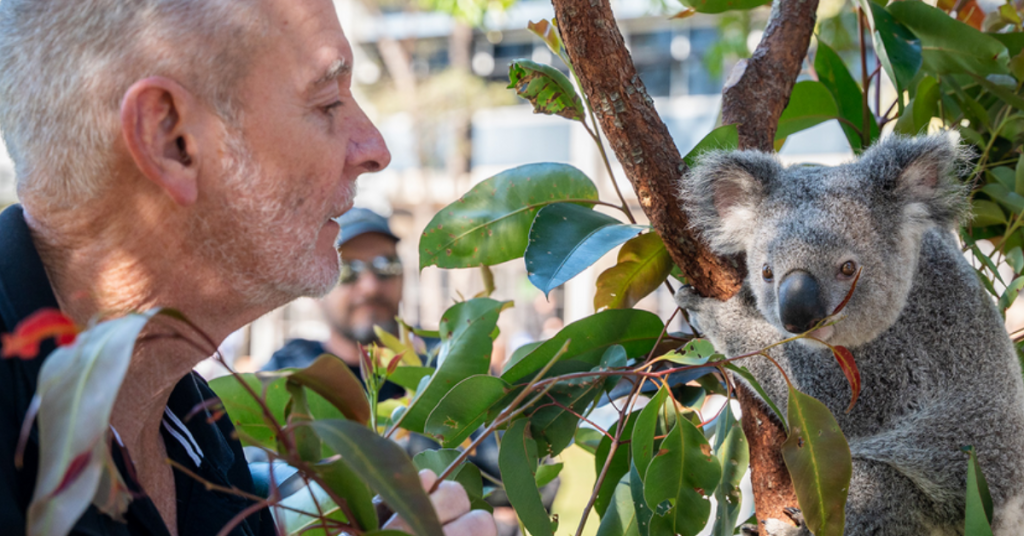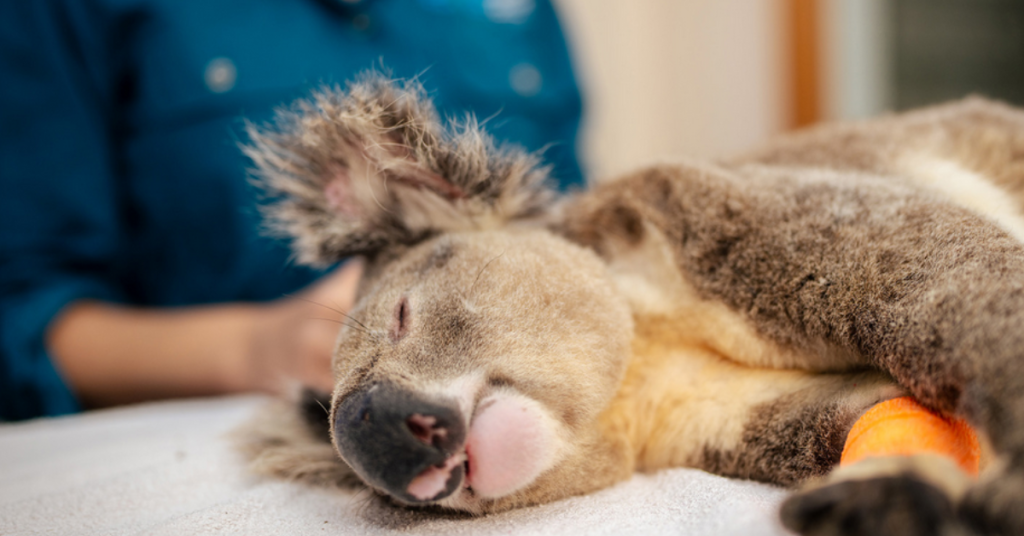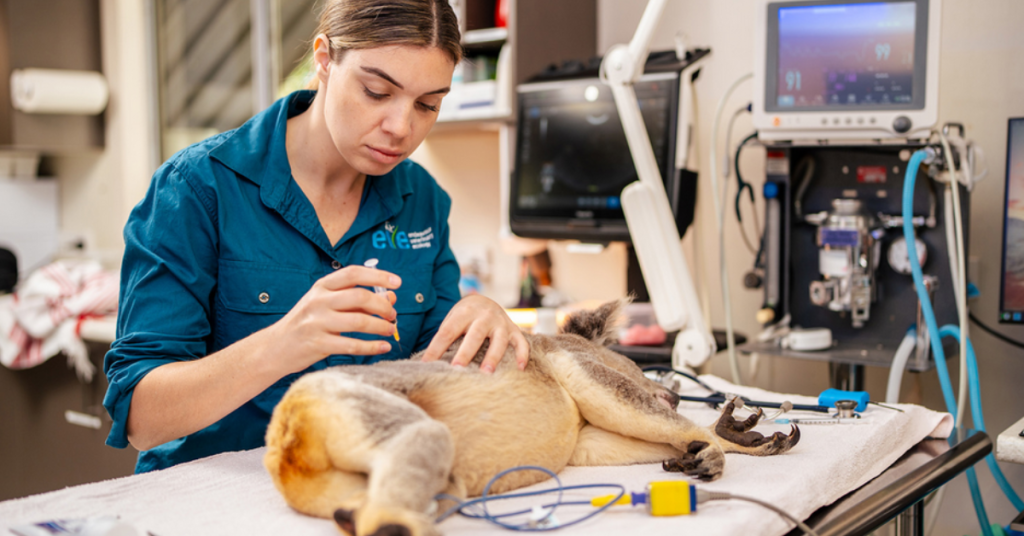A dedicated team from Sippy Downs has spearheaded a massive community and global effort to deliver a world-first tool for the bush: a single-shot chlamydia vaccine designed specifically to save Australia’s wild koalas from a devastating disease.
A Practical Solution to a Wild Problem

The breakthrough, announced by the University of the Sunshine Coast (UniSC), is the result of more than ten years of persistent research. For decades, conservationists and veterinarians faced the immense challenge of treating koalas for chlamydia, a disease that can cause blindness, severe pain, infertility, and death. The only existing treatment, antibiotics, was often difficult to administer to wild animals and could damage the koala’s sensitive gut, affecting their ability to digest eucalyptus leaves.
Recognising that a multi-dose treatment was impractical for wildlife, the Sippy Downs-based researchers focused on creating a vaccine that required just one injection. This single-shot approach is considered a game-changer for field teams, as it minimises the stress of handling the animals and simplifies the logistics of vaccinating entire at-risk populations. The Australian Pesticides and Veterinary Medicines Authority (APVMA) has now approved the vaccine for widespread use under a special permit.
How the Vaccine Works

The vaccine targets Chlamydia pecorum, the bacterial strain that wreaks havoc on koalas. Senior UniSC researcher Dr Sam Phillips explained that the formula is based on a key protein from the bacteria. Trials involving hundreds of koalas in wildlife hospitals and in the wild have shown it provides three levels of powerful protection. It can reduce the chance of initial infection, stop the disease from progressing in already infected animals, and in some cases, even help reverse existing symptoms.
Professor Peter Timms, who led the microbiology research team, noted the vaccine’s sophisticated design. It contains components targeting several different strains of chlamydia found across the country. It also includes a special adjuvant, or booster, that makes the single dose effective, an element that was developed through international collaboration.
It Took a Village to Save the Koala

This milestone was not achieved in isolation. The UniSC team leveraged the expertise and support of a broad network of national and international partners. The vaccine is being produced in partnership with Tréidlia Biovet, an independent Australian animal health company.
Global animal health company Ceva Santé Animale provided key funding, and the crucial single-shot adjuvant has its origins in work done by universities in North America with support from the Bill and Melinda Gates Foundation.
On the ground, wildlife hospitals were vital. Dr Terri Irwin of Australia Zoo Wildlife Hospital stated that her team was honoured to contribute to the real-world trials. This partnership allowed for the collection of essential data while providing compassionate care for sick and injured koalas, helping to highlight the broader threats the animals face.
The Path Forward for Australia’s Icon
With the vaccine now approved, the next major hurdle is funding a national rollout to protect the most vulnerable koala populations. Professor Timms has called for contributions to help get the vaccine out into the field where it is needed most.
Government support has also played a role in reaching this stage. The federal government’s Saving Koalas Fund and funding from the Queensland government have supported UniSC’s research. This investment is part of a broader strategy that includes habitat restoration to ensure koalas can not only survive but thrive for generations to come. Professor Timms expressed gratitude for the combined efforts of governments, councils, donors, and veterinary teams who all contributed to safeguarding the iconic marsupial.
Published Date 22-September-2025







